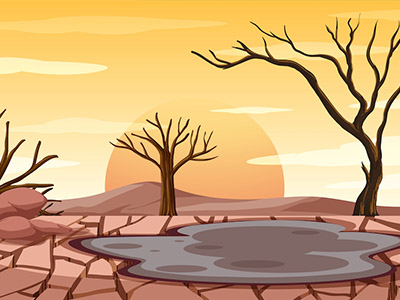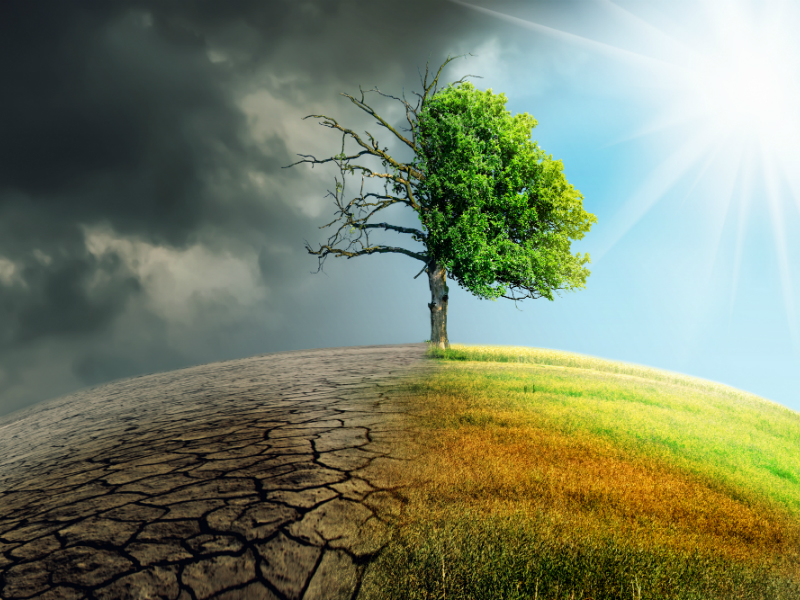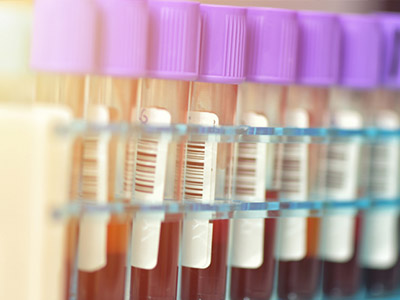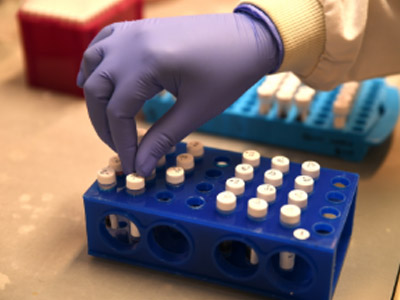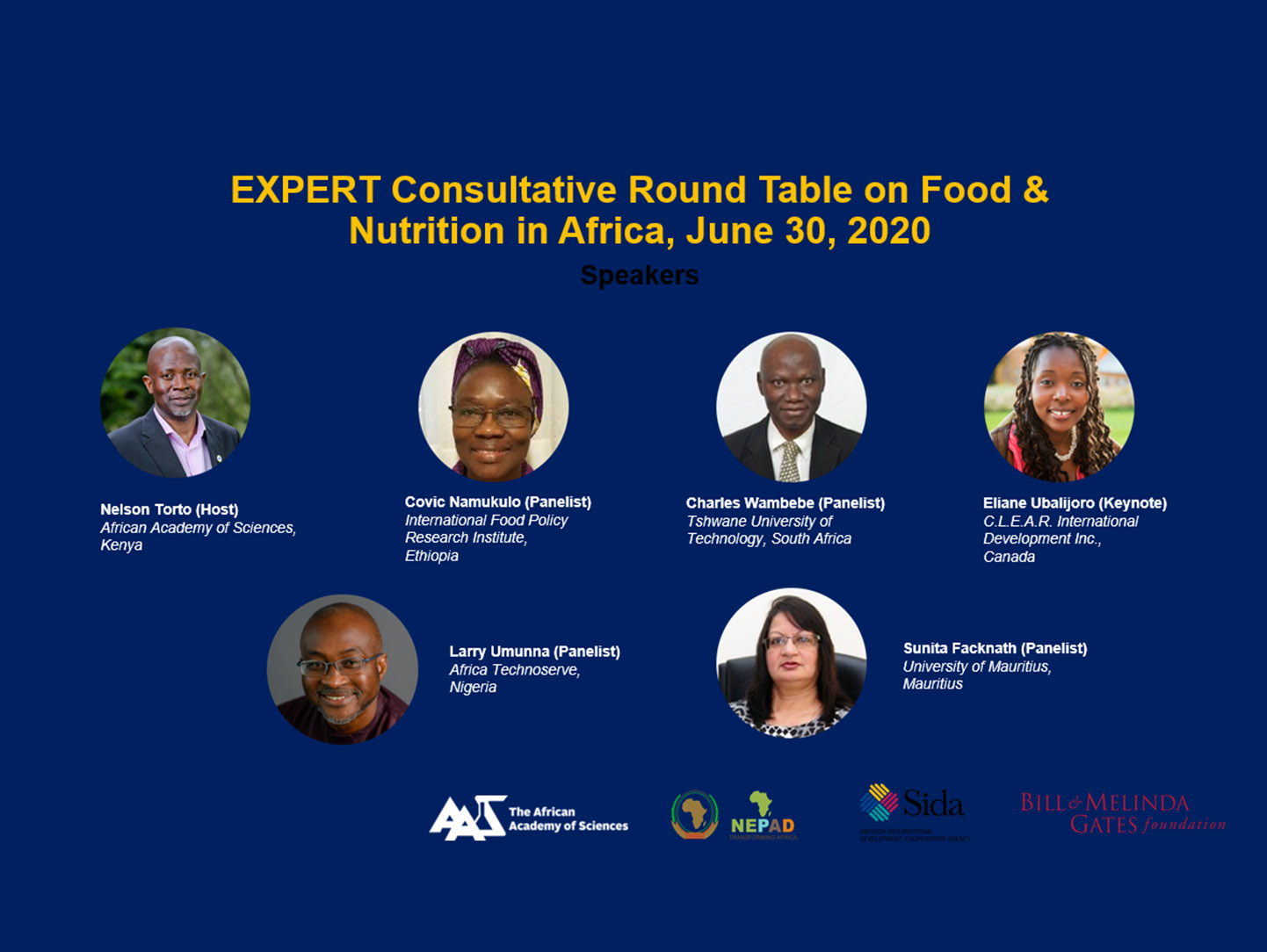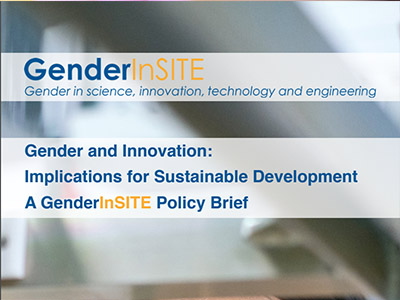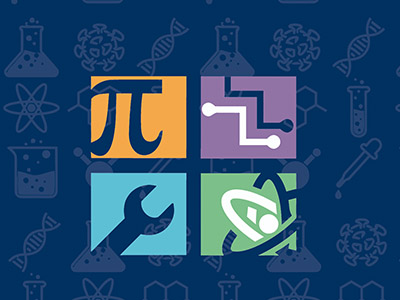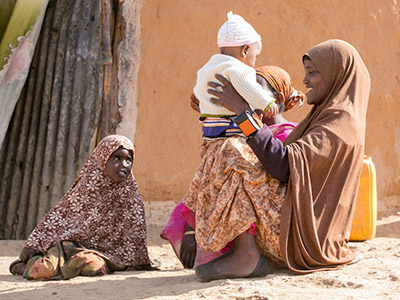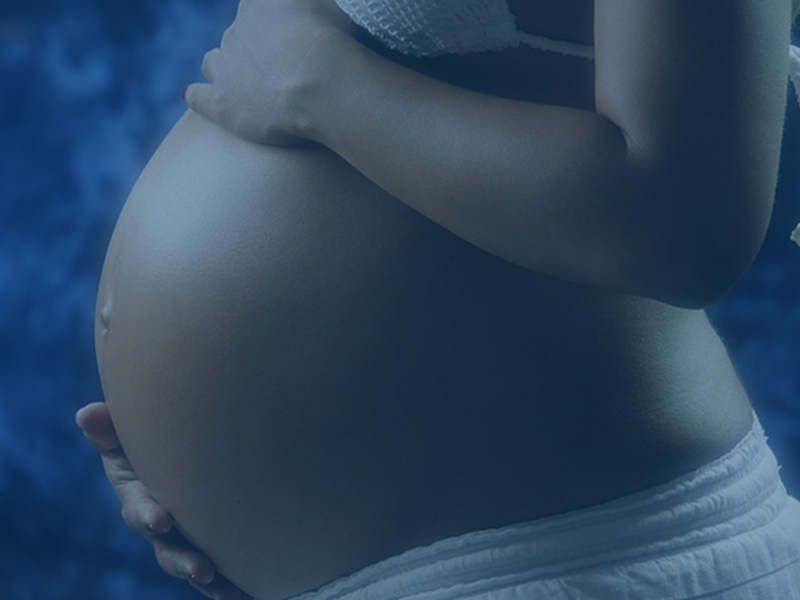AESA PROGRAMMES
- Building R&D Infrastructure
- Developing Excellence in Leadership, Training and Science in Africa (DELTAS Africa)
- Human Heredity and Health in Africa (H3Africa)
- Africa’s Scientific Priorities (ASP)
- Innovation & Entrepreneurship
- Grand Challenges Africa
- Grand Challenges Innovation Network
- Rising Research Leaders/Post-Docs
- AESA RISE Postdoctoral Fellowship Programme
- African Postdoctoral Training Initiative (APTI)
- Climate Impact Research Capacity and Leadership Enhancement (CIRCLE)
- Climate Research for Development (CR4D)
- Future Leaders – African Independent Research (FLAIR)
- Critical Gaps In Science
- Clinical Trials Community (CTC)
- Community & Public Engagement
- Mobility Schemes: Africa-India Mobility Fund
- Mobility Schemes: Science and Language Mobility Scheme Africa
- Research Management Programme in Africa (ReMPro Africa)
- Science Communication/Africa Science Desk (ASD)
- Financial Governance: Global Grant Community (GGC)
- AAS Open Research
- CARI Programmes
- Evidence Leaders Africa (ELA)

STI Priorities
African countries have made progress across a range of issues, but recognizing that time and resources are limited, it is essential to prioritize and focus on the areas that offer the greatest opportunity for impact.
Since its inception in 2019, the programme has produced a list of scientific priorities. It has also outlined the processes for developing position papers, which are due to be published in 2020. The current priorities are:
- Climate
Change - Data &
Biospecimen Governance - Epidemic Preparedness &
Global Health Security - Food &
Nutrition Security - Fourth Industrial
Revolution - Gender &
Science - Genomics &
Precision Medicine - Maternal &
Neonatal Health - Mental
Health
Africa contributes least to global greenhouse gas emissions at only 4% yet is hardest hit by the impacts of climate change. United Nations Environment Programme (UNEP) projections for 2020, suggested that between 75 and 250million people in Africa are exposed to increased water stress while yields from rain-fed agriculture are probably reduced by up to 50% in some countries because of climate change. There is a paucity of peer reviewed research outputs on climate change in Africa compared with the rest of the world.
Periodic assessments of the state of the world’s climate conducted by the Inter-governmental Panel on Climate Change (IPCC), rely on peer reviewed data and therefore have very limited input from African scientists. The AAS aims to collate evidence that can feed into these global discussions and processes and to strengthen Africa’s role and influence in international negotiations on climate change to ensure a response to this challenge that will address continental priorities, ensuring effective mitigation for the benefit of African people. Two programmes at the AAS (CIRCLE and CR4D) have been specially designed to support climate scientists and are collectively supporting/funding more than 120 climate and environmental scientists in Africa. The consultative scientific process of the Intergovernmental Panel on Climate Change (IPCC) provides various opportunities for African scientists to contribute to the global process. Unfortunately, the contribution and involvement of African scientists both in terms of contributing peer-reviewed publications or commenting on draft IPCC reports has been very limited. In July 2019, the African Academy of Sciences (AAS) in coordination with IPCC Secretariat and the United Nations Institute for Natural Resource in Africa (UN-INRA) convened African scientists and key policy stakeholders to deliberate on these challenges and identify evidence-based actions to address the issues raised by IPCC Special Report on Global Warming of 1.5°C (SR1.5). The meeting identified priority areas for the AAS to explore opportunities for enhancing AAS strategic contribution to the regional climate change and development forums in line with AU Agenda 2063 and other relevant regional and global frameworks. An outcome document from this meeting has been published and the subsequent policy paper following extensive evidence synthesis by the EC is currently being reviewed by internal reviewers. Dr Judy Omumbo has also published a blog on the prioritization exercise.
A team of scientists was convened by the AAS in June 2019 to review governance issues relevant to Africa around the use and re-use of data and biospecimens originating from African sources, through all stages of the research and translational chain. Key priorities identified during these deliberations included: Promoting a participant-centric approach for research involving human participants; Enabling ethical research practices in Africa and providing governance guidelines; Facilitating the ethical use and re-use of data and biospecimens, for the benefit of Africans; Engaging political leadership, institutional leadership, funders and researchers to ensure intersectional accountability; De-colonising research language, practices and attitudes to Africans; and Encouraging ethical research translation and innovation in Africa. A policy paper resulting from these deliberations is undergoing external review. The Expert Committee (EC) shall be convening in July 2020 to develop a policy brief and deliberate on stakeholder engagement.
On 11 March 2020, the World Health Organisation (WHO) declared the outbreak of a new type of Coronavirus, SARS-CoV-2 that causes COVID-19 respiratory disease, a global pandemic. By the morning of 24 April 2020, 52 countries in Africa had officially reported cases with a total of >23,500 confirmed cases, >1,100 deaths, and >5800 full recoveries and rising. The epicenter of the epidemic had shifted from Asia to Europe to USA with an increase in reported cases in Africa. African scientists need to be adequately prepared to inform interventions to prevent and mitigate the possible impacts of this pandemic on the continent. In Africa, the initiatives against this disease are spearheaded by the Africa Centres for Disease Control and Prevention (Africa CDC), African Union, and the WHO. The AAS in partnership with AUDA-NEPAD supports these organizations in delivering their mandate by mobilizing and engaging the African scientific community, policymakers and global partners. It is imperative that AAS responds and offers a voice with regards to the epidemic preparedness and global health security. Since March 2020, the AAS has engaged in a series of activities towards identifying research and development priorities for COVID-19. The AAS convenes weekly meetings on COVID-19 covering research priorities, ongoing research in Africa, communication, policy engagement on COVID-19, experts on COVID-19, and emerging investment opportunities. The AAS has been able to mobilise about USD 3M from Wellcome, Bill and Melinda Gates Foundation and Sida, to support African researchers respond to the COVID-19 pandemic. The outcomes of these convenings published as a report have been shared with AUDA/NEPAD and the African Union STC on Education, Science and Technology to initiate the process of engaging key stakeholders on epidemic preparedness and response. An associated policy paper and policy brief are currently being drafted. Additional collaborative work supported by DFID on physical distancing was conducted with the report and policy brief published in May 2020
Quick Links
- Public confidence and COVID-19 vaccine acceptance in Africa
- Research and Development goals for COVID-19 in Africa
- Prioritising Health Systems to Achieve SDGs in Africa: A Review of Scientific Evidence
Tele Convenings:
- Vaccine Hesitancy
- Transmission dynamics, epidemiology surveillance and diagnostics
- Social sciences and policy research and modelling the impact on health systems
- Drugs and vaccines trials, clinical characterisation of cases and mental health
Blogs & Articles
- Understanding transmission dynamics and diagnostics
- A collaboration to produce evidence informed and content specific response to COVID-19 in Africa
- Xinhua (China)
Summaries
For Africa to feed the growing population of approximately 1.6 Billion by 2030, countries need to attain sustainable agriculture underpinned by strong Research & Development (R&D) interventions. Hence, tackling food insecurity and malnutrition is a priority for the African Union within the STISA 2024 (Priority Area 1) and Agenda 2063 (Goal 1 and 5). The AAS has flagged food and nutrition security as one of the thematic areas in the strategic plan and intends to steer multisectoral interventions in order to achieve the targets set by the African Union. An expert consultative meeting was convened in June 2020 to kickstart the prioritization exercise. The process is ongoing with development of a survey to enable the weighting of pre-identified research questions and thereafter identifying key priorities for focus by the AAS. The Grand Challenges Africa programme is using this process to launch an innovation call informed by these priorities while the outcome of the exercise shall be a policy paper for engaging with the relevant stakeholders.
Quick Links
The African Union is committed to reaping the benefits of the fourth industrial revolution for Africa’s socio-economic development and commissioned a Digital Transformation Strategy for the continent in 2019. AAS believes that the fourth industrial revolution offers a unique opportunity to accelerate results from other scientific priority areas identified in this program. As such, the prioritization exercise will focus on deep dive drawing from diverse experts on the role of fourth industrial revolution in accelerating achievement of scientific priority areas of STISA 2024, Agenda 2063 and SDGs. A multidisciplinary team of experts shall be convened for consultative meetings and thereafter, follow on evidence synthesis to inform stakeholder engagements in 2020 and 2021.
Quick Links
The United Nations has adopted an ambitious agenda for sustainable development expected to be accomplished by member countries by the year 2030. Innovation, science and technology is expected to play a significant role in the success of this development agenda. Unfortunately, countries across the globe are not fully utilizing the potential of the entire population, including girls and women in innovation, science and technology. Africa in particular continues to lag behind in the generation of the human technological capacity. Whereas efforts have been made to recruit and retain more women in science, technology engineering and mathematics (STEM), a stark gender disparity persists. It is clear that this inequity will not resolve itself solely by more generations of women moving through the academic pipeline. There is need for efforts to close the gender gap in STEM to ensure that women as much as men benefit as citizens and contributors to their societies. Global statistics show that although progress is being made to increase women’s participation in many fields, however women still make up a minority of the world’s workforce in STEM. For example, in 121 countries with available data, women make up 29% of science researchers. Globally, men outnumber women as students, educators, researchers, and workers in STEM fields, yet women scientists have an important role to play in Africa’s development, including pushing the envelope on gender equality, one of the 17 Sustainable Development Goals (SDGs). Recognizing the challenges with enhancing gender equity in science, AAS has been putting in place measures to address gender disparities not just within its programmes but also in the scientific field. The prioritization exercise will focus on the priority programmatic and policy measures that should be institutionalized to safeguard gender equity in order to achieve Africa’s scientific agenda. The first consultative meeting is scheduled for July 2020 after which the prioritization exercise will result in a policy paper and policy engagement activities in 2020. This initiative will also map existing local interventions and innovations as well as those produced by the global community of scientists to assess innovations that are ready to be scaled up and those which require further scientific research to develop new tools.
The African human genome potentially carries information crucial to unlocking novel pathways to development of better drugs, therapies, clinical practices and policies that could impact healthcare delivery globally. This diversity is however under-represented in the current human reference genome which guides key decisions regarding human variation and disease and hence limits potential benefits to African populations. The process for identifying the role of genomics and precision medicine in helping more Africans access tailored healthcare and delivering precision medicine for public health is being implemented through the Human Heredity Health in Africa (H3Africa) task force with a goal to generate a white paper for engaging governments and key stakeholders and funders. The AAS has developed an audacious proposal that captures priorities for the future and incorporates various inputs from H3Africa leaders and researchers, but which now requires the support of potential funding partners. Through the H3 Africa consortium, AAS convened a group of expert scientists in 2019 to define a framework and recommendations for human genomics and precision medicine delivery in Africa. This was informed by the fact that with a decrease in the costs of conducting sequencing, conducting research in genetics and genomics is becoming more common in Africa, yet, these efforts will not be meaningful unless findings are translated to impact people’s lives. Following the expert meeting, the Expert Committee (EC) conducted in-depth evidence synthesis and has written a comprehensive policy paper on genomics and precision medicine for Africa. The paper has undergone external review and is being prepared for review by an African Scientific Advisory Board (ASAB). Recognizing the benefits of genomics in disease surveillance and containment of public health emergencies, governments will be engaged to develop frameworks, human capacity and infrastructure for sustainable biosafety and biosecurity interventions against emerging and re-emerging infectious diseases. The EC has also met several times since then and developed a policy brief which informs engagement with African governments and other relevant stakeholders. Read more about H3 Africa
With just under a decade to meet the SDGs, there is an ongoing burden of 5.4 million deaths globally, including newborns (2.5 million), stillbirths (2.6 million), and maternal (0.3 million). Africa, with only 13% of the world’s population, carries more than half of this burden with 2.3 million deaths per year. Based on current trends, most sub-Saharan African countries may possibly not meet the SDG target of 12 or fewer newborn deaths per 1,000 births and are also at risk of missing targets for maternal mortality reduction. To close these gaps, there are four Grand Challenges to address, and science and research is crucial in accelerating implementation and developing innovations. The AAS’ innovation and enterprenuership programme, Grand Challenges Africa, in partnership with the Academy of Medical Sciences and the Bill and Melinda Gates Foundation, convened key scientists, policymakers and stakeholders to participate in the process for research priority setting for Maternal and Neonatal Health (MNH). The convening discussed MNH leadership in Africa and explored opportunities for translation of research to policy. The outcome document from these deliberations included the report ‘From minding the gap to closing the gap – science to transform maternal and newborn survival and stillbirths in sub-Saharan Africa in the SDG era’ and a journey on setting MNH African research priorities disseminated during the 2019 Addis Grand Challenges Annual Meeting. The MNH priority applies the Child Health Nutrition Initiative`s (CHNRI) method, first adopted in 2008 to leverage on the varied experiences of the experts in MNCH on the continent to create common and agreed priorities. The team has published a blog on AAS Open Research highlighting four priority areas: better care during pregnancy; better care at birth; better postnatal care for women and their new-borns; and better hospital care of sick new-borns. They are also finalizing a research paper on the prioritization exercise and thereafter will produce a policy paper and brief for use by key stakeholders in decision making and action. Read more about Grand Challenges Africa
Quick Links
Mental disorders are a neglected health concern in Africa. … The AAS and partners have been supporting a number of mental health projects based in Zimbabwe, Ethiopia, South Africa, Malawi and Kenya to develop innovative approaches that generate data and help communities. The AAS believes that there is an urgent need to scale up such evidence-based interventions in order to narrow down this treatment gap. The prioritization exercise will kickstart in August with a focus on key programmatic focus areas that will require donor investments as well as policy measures that should be institutionalized to safeguard mental health and well-being in Africa in line with major policy frameworks.
